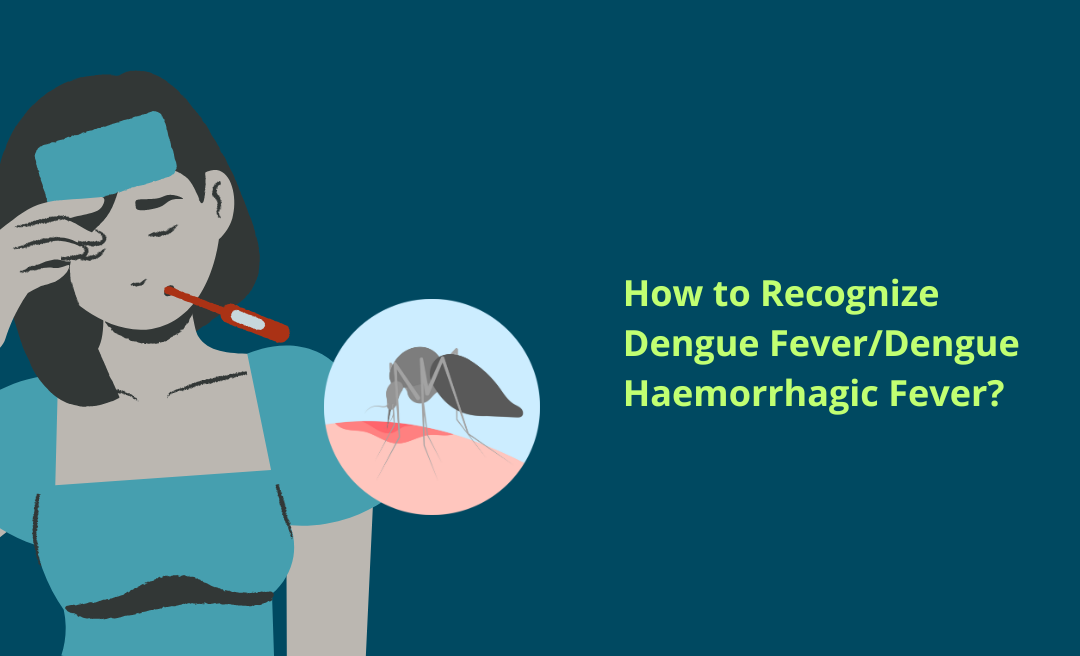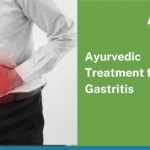The incubation period of dengue fever is usually 5 – 6 days but may vary from 3 to 10 days. Dengue Fever (DF) is an acute febrile illness of 2-7 days duration (sometimes with two peaks) with two or more of the following manifestations signs and symptoms
Symptoms of Dengue Fever
Fever
Headache and retro-orbital pain
Myalgia/ Arthralgia ( body pain/ muscle and joint pain)
Characteristic skin rash starts on the dorsum of the hands and feet and spreads to the arms, legs, and torso and it lasts for several days.
Alarming Signs of Dengue
Minute spots on the skin suggest bleeding within the skin
Nose and gum bleeds
Abdominal pain and/or passage of black tarry stool
Refusal of food or drink
Abnormal behavior or drowsiness
Difficulty in breathing or cold hands and feet
Reduced amount of urine being passed
Complications of Dengue Fever
Dengue Haemorrhagic Fever (DHF), is a potentially lethal complication resulting in severe bleeding, low levels of blood platelets, and plasma leakage or dengue shock syndrome, where dangerously low blood pressure occurs. Dengue Haemorrhagic Fever (DHF) is a probable case of dengue and hemorrhagic tendency evidenced by one or more of the following:
Positive tourniquet test
Petechiae, ecchymosis or purpura
Bleeding from mucosa (mostly epistaxis or bleeding from gums), injection sites or other sites
Haematemesis or melena
Thrombocytopenia (platelets 100,000/cu.mm or less)
Tips to Prevent Dengue
These are some guidelines that can help in preventing the breeding of mosquitos which can help in the prevention of dengue as well as keeps the environment safe for patients with dengue fever. General tips for patients are as follows:
Take light, nutritive, warm, easily digestible foods, proper rest, sleep, and maintain personal & environmental hygiene.
Avoid chilled food & drinks, strenuous exertion, and stressful conditions.
Screens or nets should be installed on doors and windows to prevent mosquitoes from entering. Patients should stay inside mosquito nets to ensure protection from mosquito bites.
Wear full-sleeved shirts, pants, shoes, and socks to keep your body covered.
Use mosquito repellents.
Do not keep open water and clean waterlogging






